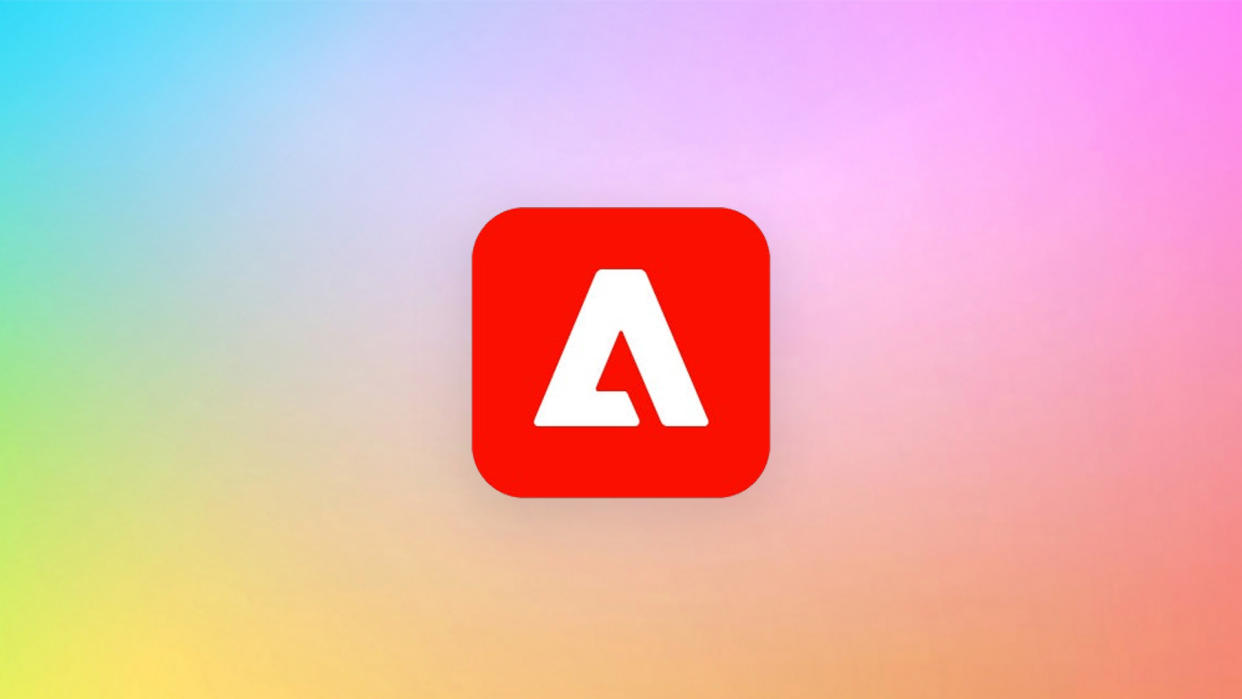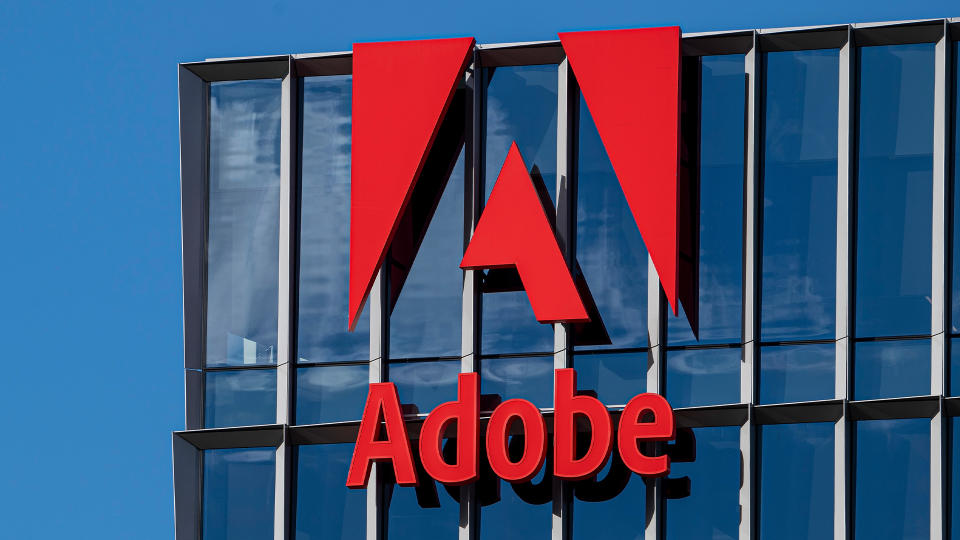Adobe's year seems to be going from bad to worse

Perhaps the most surprising thing about the news that Adobe is being sued by the US government over its allegedly complicated cancellation process is that it doesn't seem surprising at all. Adobe has been dogged by controversies in 2024, particularly surrounding its AI policies – and this latest lawsuit is just the latest of its public image headaches in 2024.
The Federal Trade Commission has filed a complaint claiming that the convoluted cancellation process for Creative Cloud subscriptions presents so many hurdles that users are essentially "trapped into year-long subscriptions".
"Adobe trapped customers into year-long subscriptions through hidden early termination fees and numerous cancellation hurdles," said Samuel Levine, director of the FTC consumer protection bureau. "Americans are tired of companies hiding the ball during subscription signup and then putting up roadblocks when they try to cancel."
'Hidden' cancellation fees have long drawn the chagrin of Adobe users, along with a lack of reminders for annual subscription holders and a 2-week cancellation policy, after which the user will be charged as sizeable fee to cancel.
"We are transparent with the terms and conditions of our subscription agreements and have a simple cancellation process," Adobe's general counsel and chief trust officer, Dana Rao, said in response to the filing. "Subscription services are convenient, flexible and cost effective to allow users to choose the plan that best fits their needs, timeline and budget."

The filing comes hot off the heels of another major controversy for Adobe. This month, the company was compelled to backtrack on the wording of its terms and conditions. After users received a notification explaining that terms had been updated to include clarification that the company can access users content "through both manual and automated methods," many to speculated this meant Adobe could access anything we create – and potentially use it to train its AI. The ensuing backlash was so fierce that Adobe was caused to "reflect on the language we use in our Terms, and the opportunity we have to be clearer and address the concerns raised by the community."
The company also suffered a backstep earlier this year when its planned acquisition of Figma, announced to much fanfare in 2023, was kiboshed after intense scrutiny from competition regulators in the EU and the UK.

And then there are the concerns of artists themselves when it comes to AI. Several digital artists and illustrators went to far as to accuse the company of copyright infringement. Several artists observed that commercially available AI-generated imagery appears in Adobe Stock search results when their name is used as a prompt – even though they didn't create the art. And in some cases, the AI art appears to at least partially mimic the style of the artist.
Indeed, while Adobe has gone to great lengths to claim that it wants to "do the right thing" when it comes to AI, the question of trust has been raised repeatedly over the last twelve months. With rumours that even its internal staff aren't loving the company's AI strategy, the company arguably isn't having its greatest year from a PR perspective.
But of course, companies from Instagram to Disney have faced controversies over AI in recent months, and even Apple recently found itself (sort of) apologising for a tasteless ad. Adobe isn't the only brand facing trust issues, but as AI continues to grow in ubiquity, transparency is proving more important than ever – whether that means clear AI policies or uncomplicated cancellation terms.

